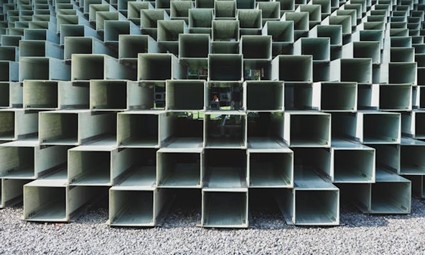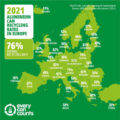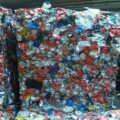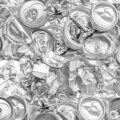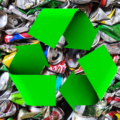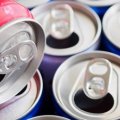The latest report from Metal Packaging Europe and European Aluminium shows that the overall recycling rate for aluminum beverage cans in the European Union, United Kingdom, Switzerland, Norway and Iceland was 75% (74.6%).
Although there was a slight decrease (1%), the total amount of aluminum recycled from cans continued to increase to a record level of 580,000 tons, an increase of 10,000 tons (or 1.7%) over the previous year. This represents a total greenhouse gas (GHG) emissions savings of 5.4 million tons of CO₂eq (equivalent to the annual amount of GHG produced by a European city of more than half a million inhabitants, such as Oslo or Genoa).
The increase in the volume of aluminum recycled reflects a higher overall consumption of aluminum beverage cans in 2022, which resulted in more cans entering the recycling process. However, a stable level of collection and sorting meant that the percentage recycling rate decreased slightly due to the larger increase in overall can production and consumption.
Beverage can manufacturers (members of Metal Packaging Europe) and their aluminum suppliers (members of European Aluminium) remain committed to increasing the recycling rate at the European level. However, the evidence is clear: without an improved national collection and sorting infrastructure, specifically an increase in the number of Deposit Return Systems, EU Member States will struggle to achieve a recycling rate of 90% or more.
European Aluminum’s newly appointed Group Packaging Director, Andy Doran, commented, “Our continued high recycling rates demonstrate our constant drive for improvement. Recent results also show that this is a marathon, not a sprint. 2022 marked the start of a new phase of implementation for several Deposit Return Systems and, as these schemes mature, recycling rates will grow further. But there is no time to lose as our member companies continue to grow and invest in expanded recycling capabilities in Europe and rely on an increase in high quality scrap for recycling within the European circular economy.”
“We are pleased with recent achievements and believe that the industry remains on the right long-term path toward full circularity of aluminum beverage cans by 2050. Aluminum is a ‘permanent’ material, meaning that it can be recycled multiple times through high-quality recycling processes without losing its inherent properties. Following the recent adoption of the EU Packaging and Packaging Waste Regulation, we encourage Member States to implement well-balanced and efficient Deposit Return Systems to help move towards a fully circular solution for the aluminum beverage can through ‘can-to-can’ recycling,” said Krassimira Kazashka, executive director of Metal Packaging Europe.

